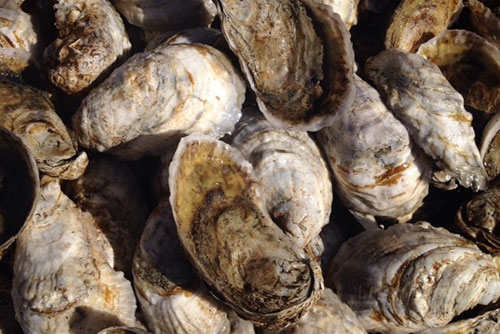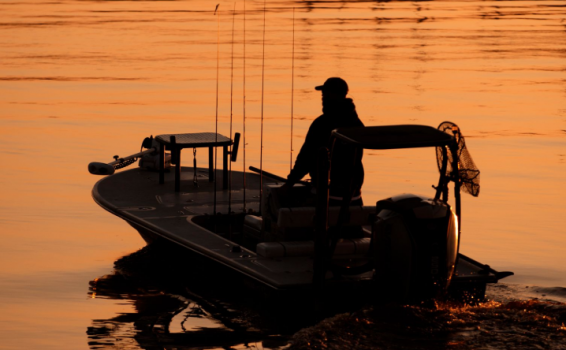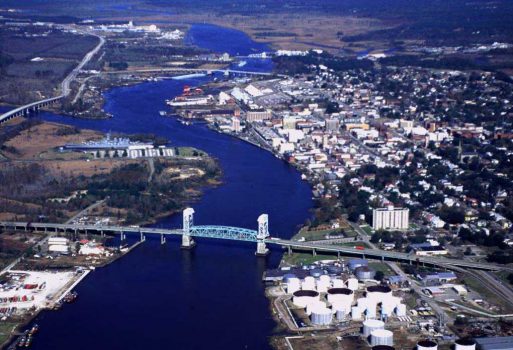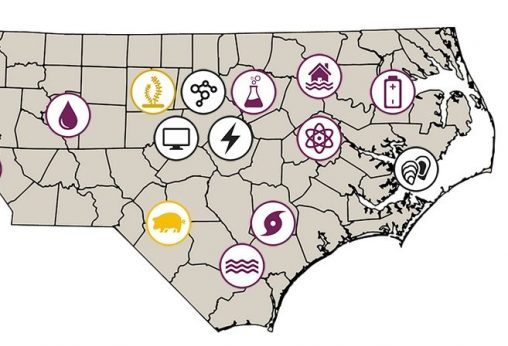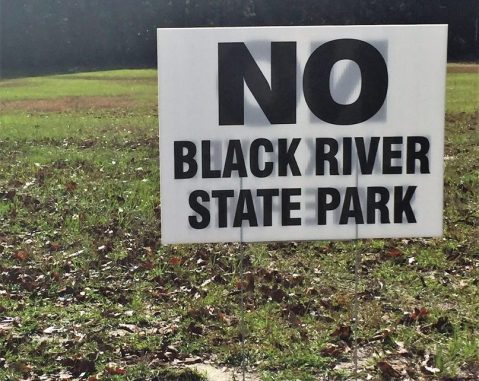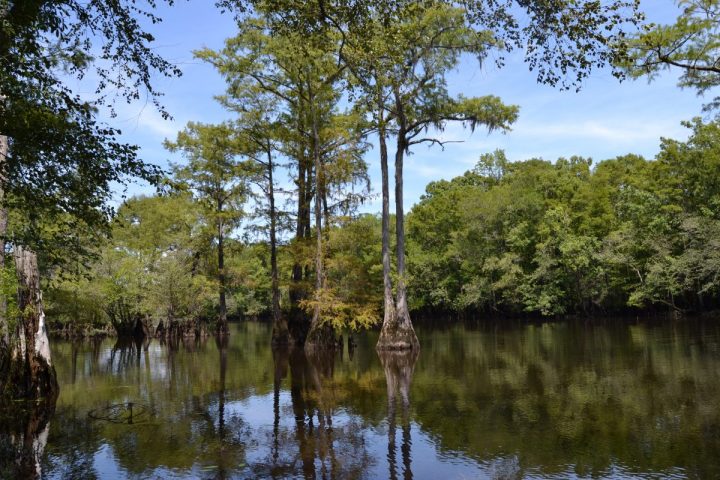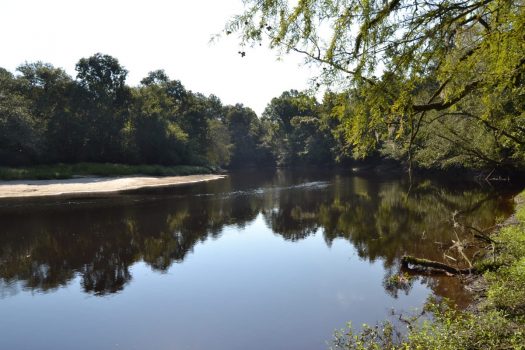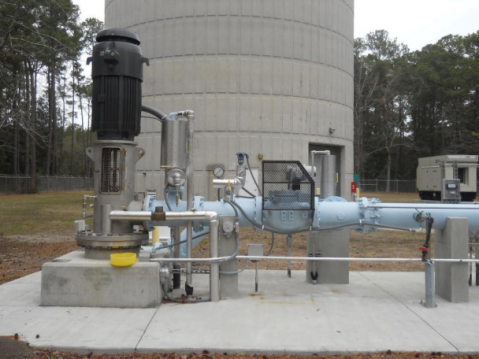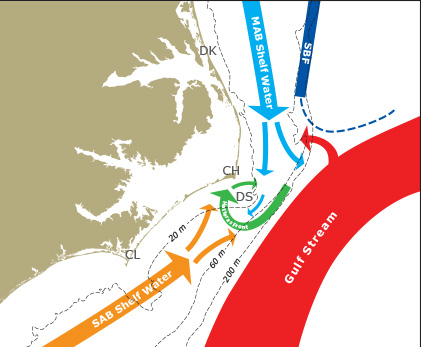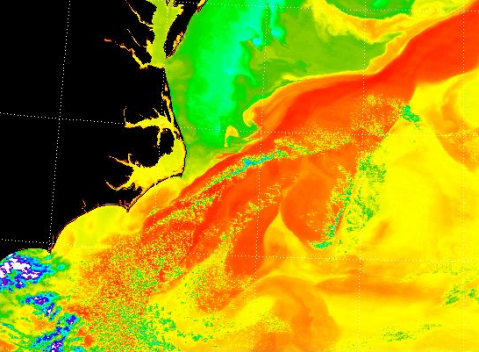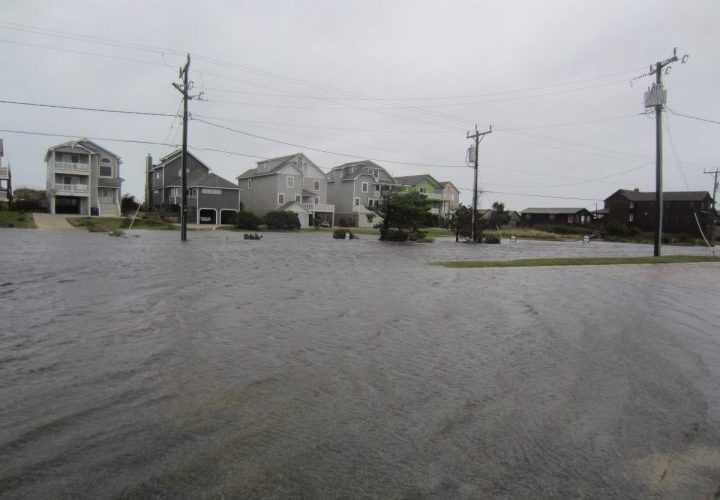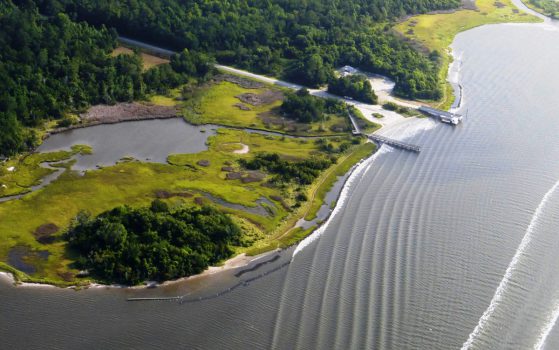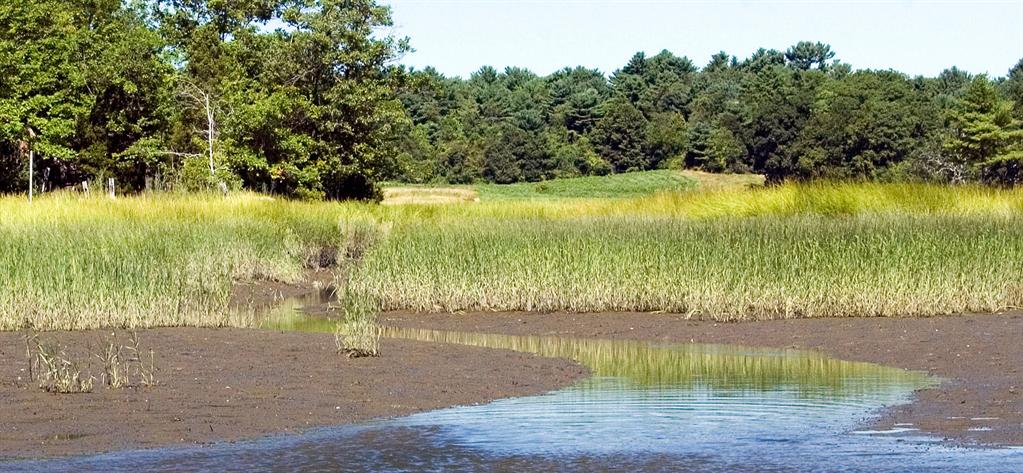In the final installment of our special report on the Lower Cape Fear River Blueprint for restoring and protecting the river’s coastal area, oysters play an important role.
special report
Blueprint: Water Quality, Living Shorelines
In the second installment of our series on the Lower Cape Fear River Blueprint, we explain the plan’s goals and strategies for protecting the river’s vulnerable natural resources.
Lower Cape Fear Focus of Restoration Effort
Groups including the North Carolina Coastal Federation recently unveiled the Lower Cape Fear River Blueprint, a long-range plan for restoring and protecting the river’s coastal area.
Collaboratory Studies: Better GenX Detection
Researchers with grants from the North Carolina Policy Collaboratory are proposing new, simpler ways to test for GenX and other emerging contaminants in drinking water and to encourage more frequent water sampling.
Policy Collaboratory Moves Into New Phase
After initial skepticism among Democrats, UNC faculty and environmental advocates, the North Carolina Policy Collaboratory appears to be finding its role and gaining support in its second year.
Paddling Black River: Why Locals Oppose Park
Folks in communities along the Black River say a state park here would damage the ecology, exacerbate existing trespassing problems and create other problems.
Paddling Black River: Park Study Underway
Reaction to a proposal earlier this year for a new state park along the Black River prompted legislators to revise the measure to instead call only for a study of the idea.
Paddling Black River: History, Ancient Trees
The Black River, home to cypress trees older than 1,600 years, is also a popular paddling destination in an area of North Carolina with few state parks. Today begins a three-part series on what makes the river special.
GenX Response: Activist Groups Unite Forces
New and experienced activists have joined together in response to the recent detection of GenX and other chemicals in the Wilmington area’s drinking water.
GenX Response: Stored Water Disposal Set
The utility that provides drinking water to 200,000 Wilmington-area residents is set to begin ridding its aquifer storage system of treated water containing traces of GenX.
Team Tracks Ocean Energy From Land, Sea
In the second installment of our special report, the ongoing study of Gulf Stream energy at Cape Hatteras is undertaken from shore and aboard a research vessel at sea.
Project Looks to Tap Gulf Stream’s Energy
The Coastal Studies Institute’s Renewable Ocean Energy Research Program is making headway in predicting the part of the Gulf Stream that’s the best resource for generating power.
Past Hurricanes Have Led to Tighter Rules
It’s unclear what, if any, regulatory changes may happen as a result of Hurricane Matthew’s destruction, but past storms have brought about more stringent building codes, dune ordinances and flood maps.
Living Shorelines Withstand Matthew’s Force
Hurricane Matthew put living shorelines to the test, and proponents and scientists say the coastal management method that uses marsh grasses and oyster reefs to fight erosion worked as intended.
Estuaries: Protection and Restoration
North Carolina’s valuable estuaries face a number of threats and water quality has been diminished by pollution and development, but efforts to protect and restore these coastal areas could yield big returns.
Terminal Groins: Easements Needed
Communities proposing terminal groins may have to get the permission of property owners to build these controversial structures. What happens if they say no? We explore possible answers in this Special Report.

